Where it all started: installing DOS as an 8-year-old
I come from a family that was already in IT in the late ’80s and got my first 8086 (YES an 8086) with 4 MB disk, 512 KB RAM, and a black and white screen when I was 8 years old.
With this PC I was instructed that I could only start files that ended with .exe in the directory ‘games’, but I was too stubborn for this. I also found other directories interesting and played with programs from the other directories, such as DOS. I also started fdisk (link for the young readers), with the result that DOS no longer started and I didn’t know how to fix it. Yes, I thought my computer was broken.
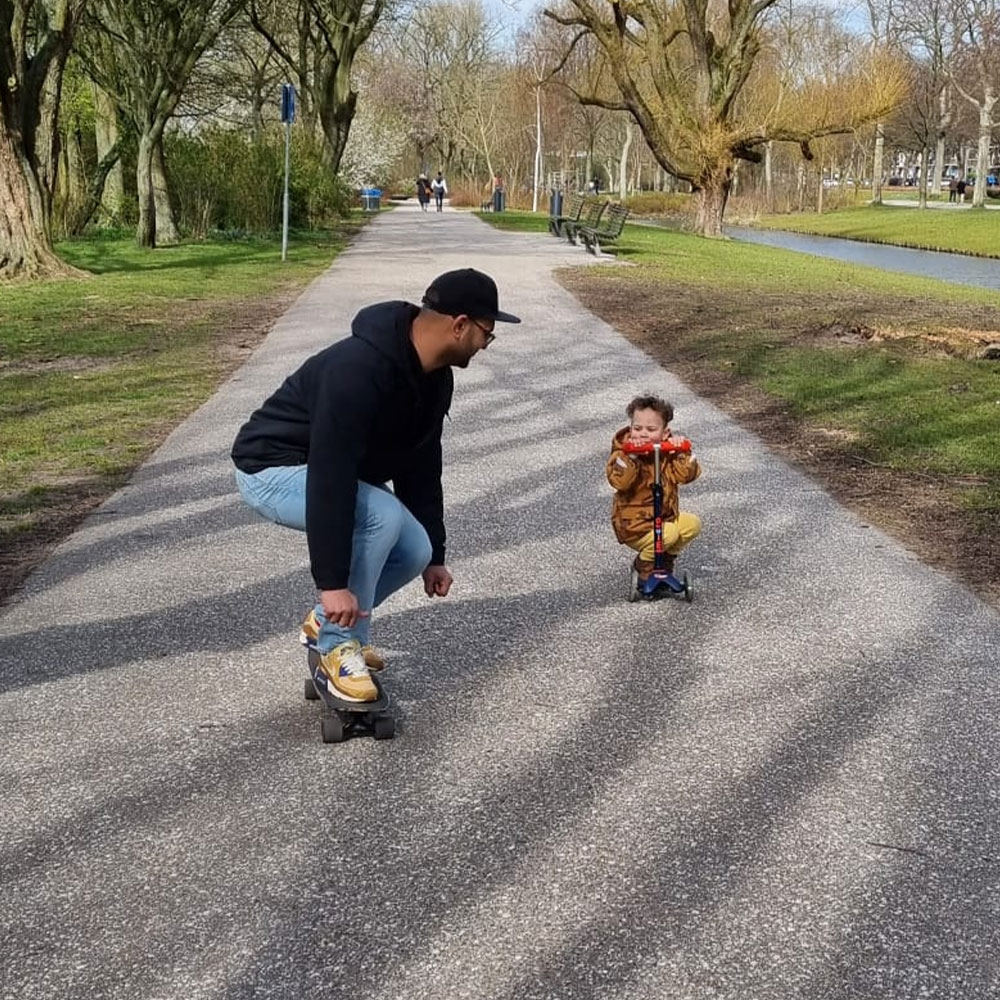
About a year later I discovered that the drive had “parked”. I was able to boot my PC with floppies, including the various programs that were on that floppy, like fdisk. I edited this on the disk and suddenly I was able to install DOS and danced around the house! Later I found out that it was very important that you could park the needle of your hard drive if you wanted to move the PC, luckily that is no longer the case these days. A while later I started organizing LAN parties in high school and regularly went to (demo) scene parties like Takeover or Ambience, where a whole new world opened up for me.
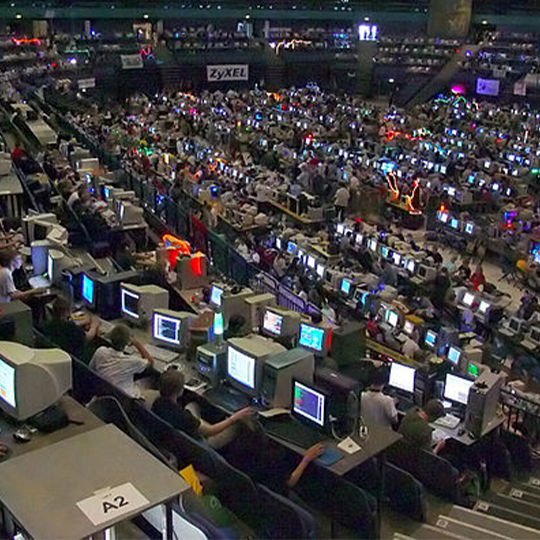
When I was 16 I first came into contact with Linux (SUSE), a big box with 8 CD-ROMs. That was actually the beginning of my career in OpenSource. When I was 20 years old, I started to work for a company where I was asked to create my own Linux distribution that started completely in the memory of a PC, without using a hard disk to quickly convert and forward transactions. This was a process in which automation was key, while it was not a hype at the time. Later on in my career, I worked at a start-up where I really came into contact with automation for the first time. Puppet was my friend and I’m still a big fan ;)!
DevOps, pipelines, and containers at Devoteam
In 2017, I started working at Devoteam. In the past 5 years, I have grown both professionally and personally here. I started as a DevOps Engineer and was immediately involved in certification (Red Hat Certified Engineer/Administrator).
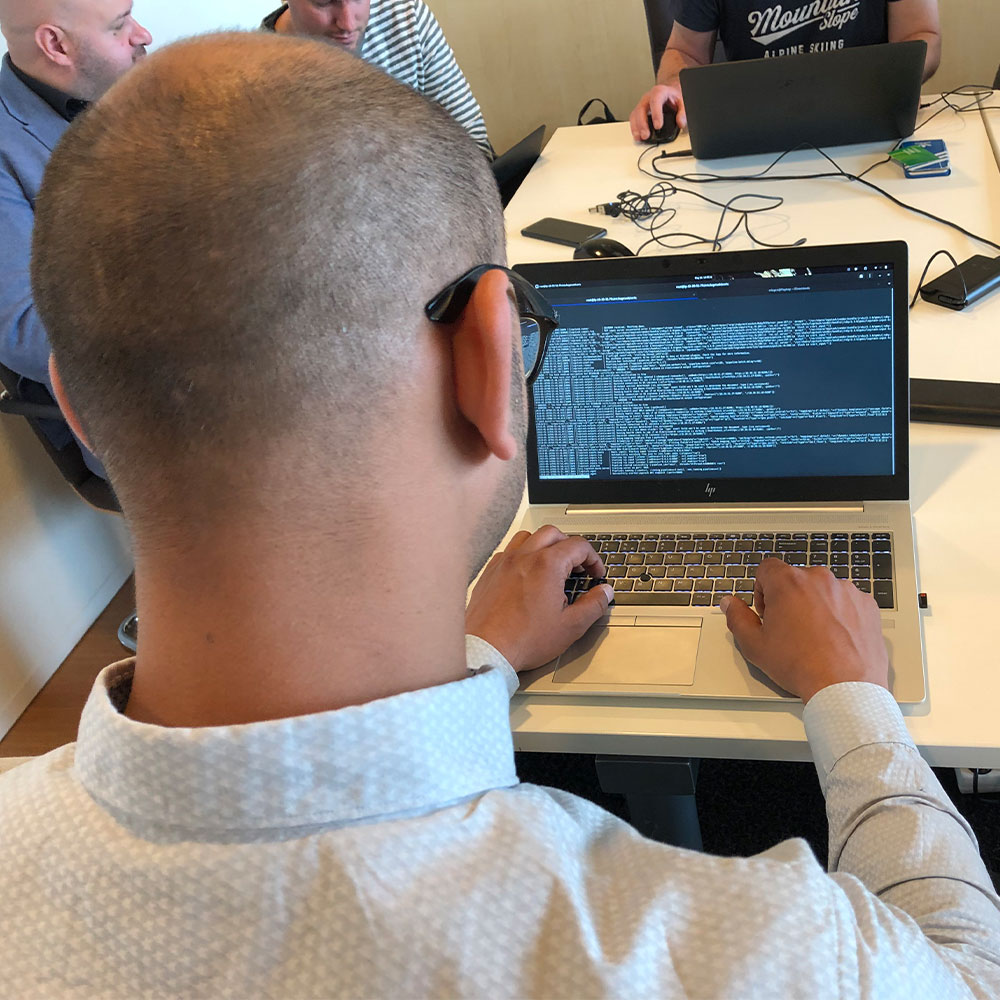
In terms of customer projects, I then fully dived into the world of cloud & containers and I was involved in, among other things, a large Proof of Concept (PoC) for one of the largest energy suppliers in the Netherlands. This is where I got to know Terraform, which was magic to me at that time.
One of the other projects I was involved in after that was a PoC to set up infrastructure on which software was developed that indexed physical and software networks in the cloud. The goal was that it was possible to completely request this in a cmdb. This was because they had no overview of which network addresses were in use, with the result that this organization often had to deal with conflicting networks, which was disastrous for one of the world’s largest companies in the field of stock market data.
During our adventure, we also discovered that the internal users of the cloud environment were constantly reinventing the wheel with the manual roll-out of development environments. For this, we were instructed to analyze which patterns were repeatedly executed manually and we automated them so that the roll-out of so-called ‘development and production landing zones’ was less error-prone and significantly faster.
I also did consultancy for a Dutch government institution, where I was the link between business & technology within a project that focused on the transformation of traditional environments to the container platform OpenShift.
Of course, these are just a few of the many examples I have experienced at Devoteam over the past 5 years. I have been able to develop enormously over time, became more active in presales processes and I got a leading role in technology as the right-hand man of our CTO.
The step to a more strategic role at Devoteam: Operational Manager
Today (since January 2022), I am the Operational Manager of our Innovative Tech team. This team includes about 60 consultants who focus on innovative tech domains such as DevOps, Cloud Native Software, Observability, Collaboration tools, and more with partners such as Red Hat, Elastic, and Atlassian. I am responsible for the contact with customers, ensuring the development of consultants, presales, focus & strategy monitoring, and a thousand other things.
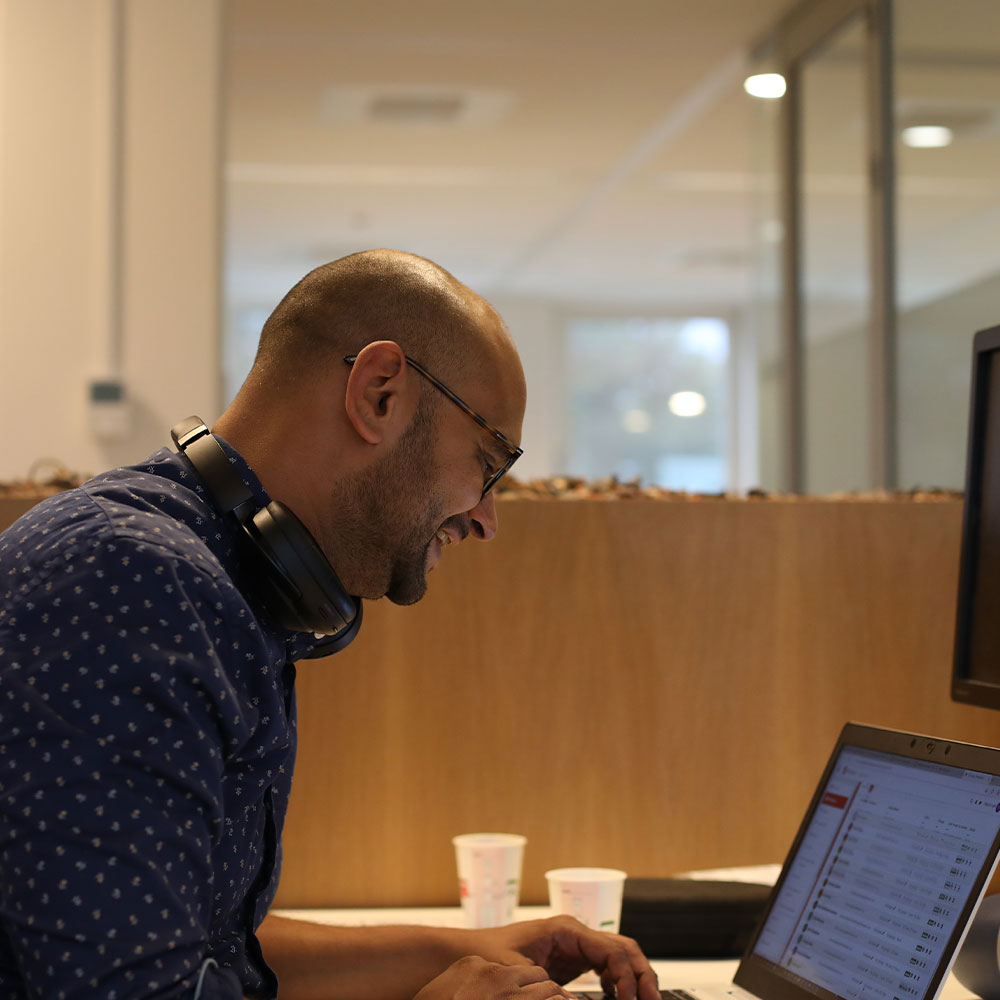
My great pride: the Devoteam Futures Traineeships
During my time at Devoteam, I also took on a mentor role where I had several DevOps young professionals (at Devoteam we call this Futures) under my wing. I also became more and more involved in the development of our Futures training program, especially the DevOps track. My guiding role slowly changed to a management role, after which I also formally led the Futures Traineeship. Over time, our Futures Traineeships have become increasingly popular and the size has also grown. Today we have several mentors (wingmen/women) and together we have already trained about 40 young professionals to become fully-fledged consultants.
Where we once only had a DevOps track, we now have a DevOps, Data, Integration, and Software Engineering traineeship program. Where we once had two Futures a year, we now have about 10 to 15 that start every year. Where this was once intended to train some talent, it is now one of our main influxes of new tech experts.
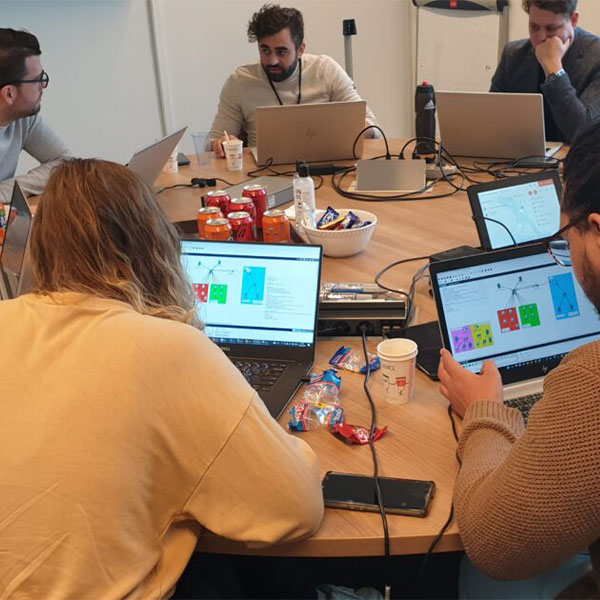
What I like most is that our Futures are growing so fast. Ultimately, I hope that every young professional will become better than I am. In addition, every young professional surprises with their own creations within the assignments, so that we as senior/principal consultants learn from their creativity.
Looking back: I never stood still and was always able to be myself
Five years with the same employer… You used to be a rookie, nowadays you are one of the longest-serving, certainly in IT. Looking back, I never really doubted, because I was continuously given the opportunity to grow. In addition, the culture is a kind of cocktail of openness, helpfulness, and entrepreneurship. In terms of strategy, we want to grow very fast, which ensures that the entrepreneurial energy radiates from almost everyone. This is reflected in, for example, our Tech Friday sessions, in which we discover new technology and share knowledge with a community. In such an environment, where there is always something happening and where I can continuously learn, I excel!